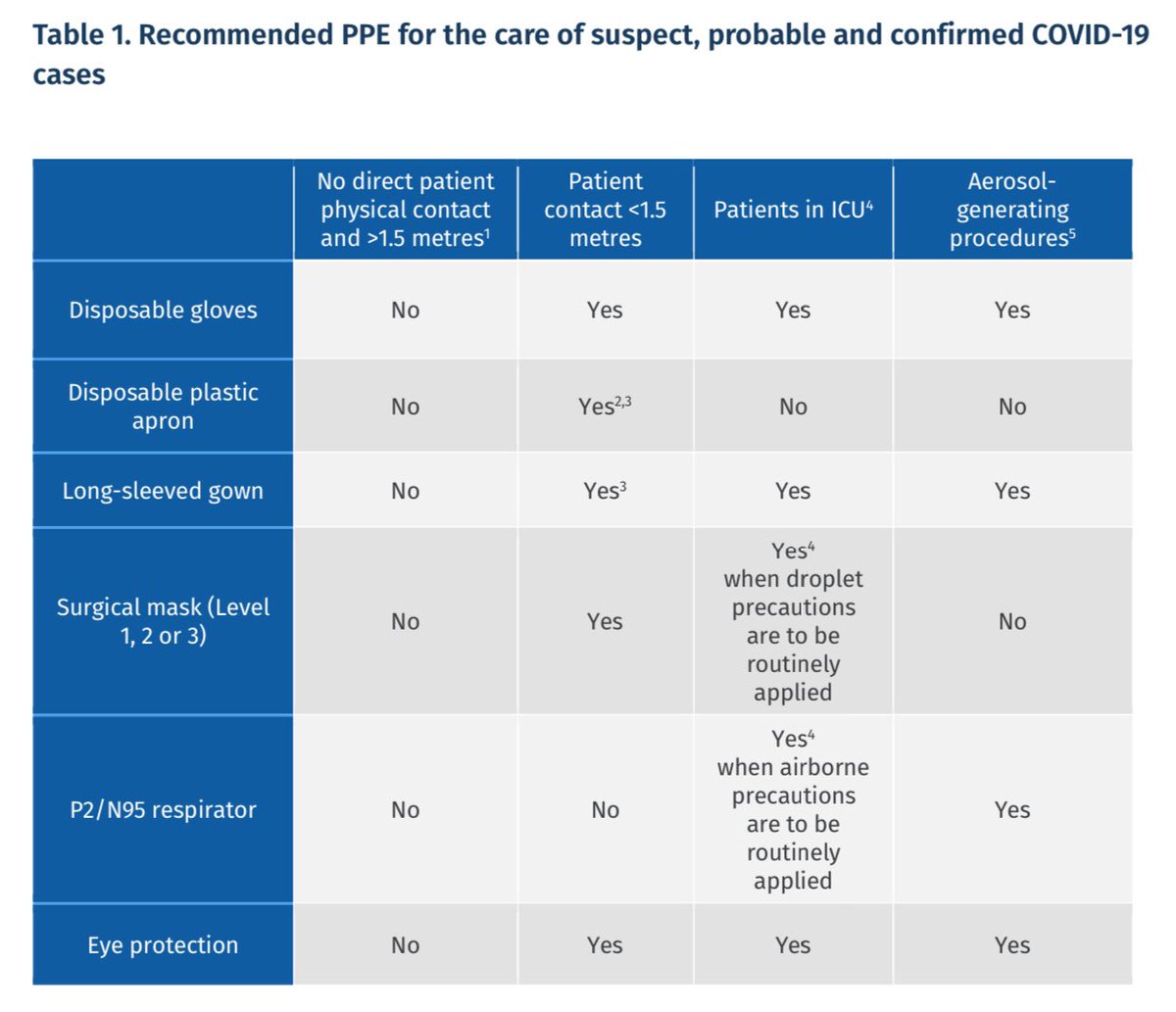
(1/12) The Brazilian #COVID19 variant is up to 2 times more transmissible, more likely to cause serious illness in young people, and may evade immunity.
Worryingly, it’s starting to spread rapidly in British Columbia, Canada. 🇨🇦
A thread summarising the latest evidence. 🧵
Worryingly, it’s starting to spread rapidly in British Columbia, Canada. 🇨🇦
A thread summarising the latest evidence. 🧵
(2/12) Previous research suggested the variant was 40 to 120% more transmissible, and may be able to reinfect people more easily.
Mortality appeared 10 to 80% higher, although it was unclear if this reflected hospitals being overwhelmed with cases.
Mortality appeared 10 to 80% higher, although it was unclear if this reflected hospitals being overwhelmed with cases.
https://twitter.com/DrZoeHyde/status/1367739730792615936
(3/12) Two new pre-print studies (interpret them carefully) provide more evidence the variant is more virulent.
A study conducted in Brazil’s Amazonas state found that women and young people were more seriously affected once the variant became common.
A study conducted in Brazil’s Amazonas state found that women and young people were more seriously affected once the variant became common.
(4/12) Mortality was 24% higher in men & 63% higher in women.
Risk was markedly increased in young adults, with those aged 20-39 years being 2.7 times more likely to die.
However, stretched hospital capacity almost certainly still played some role.
preprints.scielo.org/index.php/scie…
Risk was markedly increased in young adults, with those aged 20-39 years being 2.7 times more likely to die.
However, stretched hospital capacity almost certainly still played some role.
preprints.scielo.org/index.php/scie…

(5/12) A second study from Brazil’s Paraná state also found that hospitalised young adults aged 20-29 years were approximately 3 times more likely to die.
medrxiv.org/content/10.110…
medrxiv.org/content/10.110…

(6/12) Further evidence that the Brazilian variant is genuinely more transmissible and more virulent comes from Canada.
Situation reports from British Columbia show case numbers of the Brazilian variant are increasing more rapidly than other variants.
bccdc.ca/health-info/di…
Situation reports from British Columbia show case numbers of the Brazilian variant are increasing more rapidly than other variants.
bccdc.ca/health-info/di…
(7/12) Case numbers by week:
Week 7: UK: 157; SA: 23; Brazil: 0.
Week 8: UK: 502; SA: 33; Brail: 11.
Week 9: UK: 819; SA: 40; Brail: 21.
Week 10: UK: 1238; SA: 41; Brazil: 84.
Week 11: UK: 1907; SA: 48; Brazil: 269.
(NB: a small number of UK and SA cases are overseas-acquired.)
Week 7: UK: 157; SA: 23; Brazil: 0.
Week 8: UK: 502; SA: 33; Brail: 11.
Week 9: UK: 819; SA: 40; Brail: 21.
Week 10: UK: 1238; SA: 41; Brazil: 84.
Week 11: UK: 1907; SA: 48; Brazil: 269.
(NB: a small number of UK and SA cases are overseas-acquired.)

(8/12) Healthcare workers are already reporting an increase in young people arriving at hospital very unwell.
(This may not exclusively reflect the Brazilian variant, however.)
(This may not exclusively reflect the Brazilian variant, however.)
https://twitter.com/dockevinmcleod/status/1378499216683593732
(9/12) There is also evidence to suggest that vaccine efficacy may be reduced against the Brazilian variant, although it’s important to remember that the vaccines likely still prevent serious illness in the overwhelming majority of people.
https://twitter.com/DrZoeHyde/status/1371346888604086272
(10/12) What does this mean for vaccination? Should you still get vaccinated if efficacy is lower? Absolutely! More than ever!
The vaccines will protect you, but some vaccinated people might still be able to get a (hopefully mild) infection & transmit the virus to other people.
The vaccines will protect you, but some vaccinated people might still be able to get a (hopefully mild) infection & transmit the virus to other people.
(11/12) That means public health measures should continue until everyone has had a chance to get vaccinated.
For example, you should keep wearing a mask until there is no danger of passing the virus to someone who might get seriously ill.
And ventilate - SARS-CoV-2 is airborne!
For example, you should keep wearing a mask until there is no danger of passing the virus to someone who might get seriously ill.
And ventilate - SARS-CoV-2 is airborne!
(12/12) These findings also reinforce the importance of trying to suppress transmission as much as possible, rather than trying to “learn to live” with the virus.
Don’t think the tragedy unfolding in Brazil can’t also happen to your country.
Don’t think the tragedy unfolding in Brazil can’t also happen to your country.
https://twitter.com/DrZoeHyde/status/1377940404004249600
• • •
Missing some Tweet in this thread? You can try to
force a refresh










